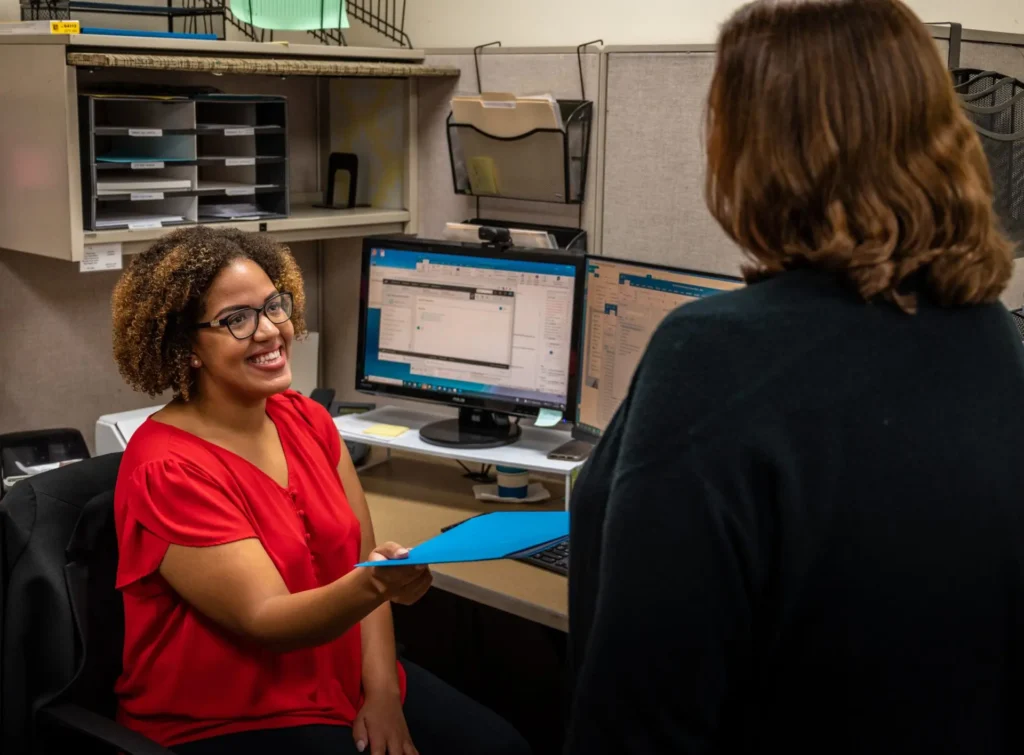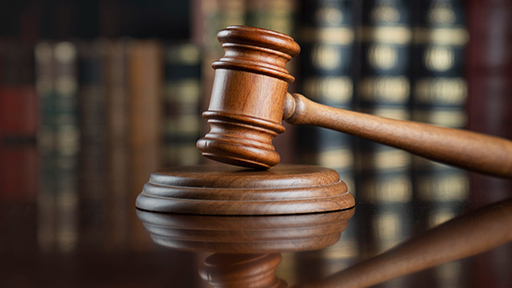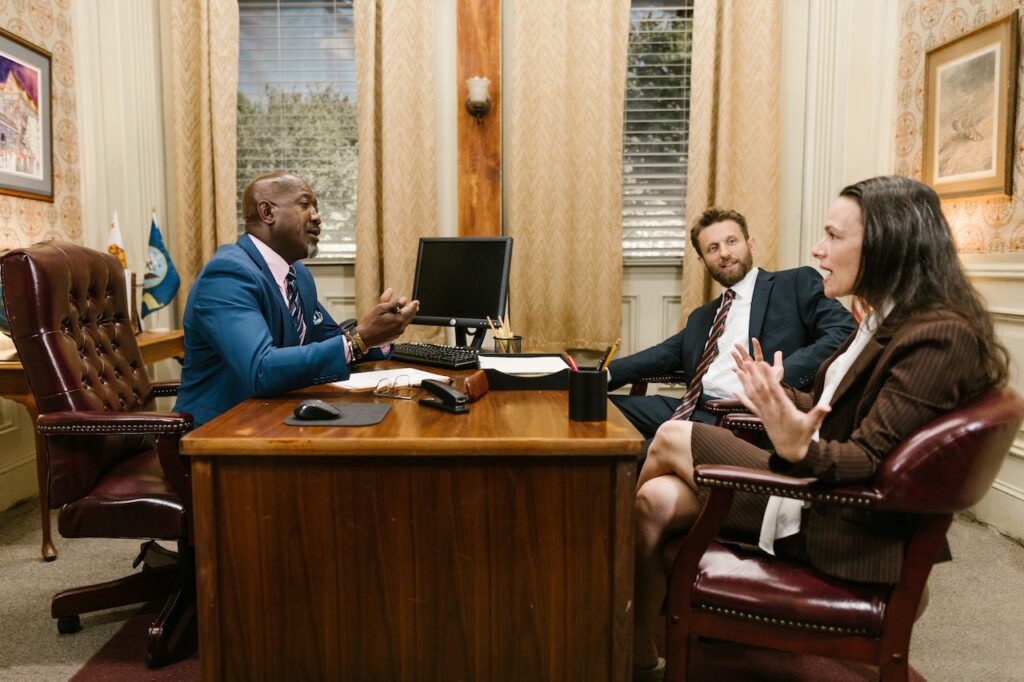Lawyers play an essential role in resolving conflicts and disagreements, serving as advocates, advisors, and negotiators in various legal matters. Their expertise and understanding of the law enable them to navigate complex situations and guide individuals or businesses toward effective resolutions. Whether in personal, corporate, or criminal disputes, lawyers act as mediators who help resolve issues while ensuring that all parties’ rights and interests are protected. One of the primary ways lawyers contribute to conflict resolution is by offering legal advice. When faced with a dispute, individuals and organizations often struggle to understand the nuances of the law and their rights within it. Lawyers, with their deep knowledge, break down the legal processes and provide clarity, helping clients make informed decisions about their actions. This advice can be crucial in preventing conflicts from escalating and ensuring that individuals do not inadvertently violate the law, which could lead to further complications. In addition to providing guidance, lawyers play an integral role in representing their clients in court, arbitration, or mediation proceedings.

Their advocacy skills are vital in ensuring that their clients’ perspectives are heard, and that all legal arguments are presented in the best possible light. In a courtroom, a lawyer’s ability to present evidence, question witnesses, and structure legal arguments can significantly influence the outcome of a case. Whether defending a client against criminal charges, seeking compensation for a personal injury, or negotiating a settlement in a business dispute, a lawyer’s expertise in litigation is essential for ensuring a fair and just resolution. Beyond the courtroom, lawyers are instrumental in dispute resolution methods such as mediation and arbitration, which provide alternatives to lengthy and costly litigation. In these settings, lawyers act as facilitators, helping the parties involved come to a mutually beneficial agreement without the need for a trial. Their ability to find common ground between opposing parties and create solutions that satisfy all involved is a testament to their role in maintaining peace and order in society. Lawyers are also crucial in managing contracts and agreements, which, when well-crafted, can prevent future disputes.
By ensuring that all terms and conditions are clearly outlined, lawyers help clients avoid ambiguity that could lead to misunderstandings and conflicts. When disagreements arise despite these efforts, lawyers are there to interpret the contract and determine the appropriate legal course of action. Furthermore, lawyers provide an essential service in resolving personal conflicts, including family issues such as divorce, child custody, and inheritance disputes and check out the post right here. These emotional and often volatile situations require sensitivity and professional skill. Lawyers act as mediators, working to achieve equitable solutions that balance the emotional and financial needs of all parties. Their role in such delicate matters helps to reduce tensions and foster amicable resolutions, which are often crucial for preserving relationships in the long run. Lawyers are indispensable in the resolution of conflicts and disagreements. Their ability to offer expert advice, represent clients in legal proceedings, negotiate settlements, and mediate disputes ensures that conflicts are addressed fairly and equitably. Without the intervention of legal professionals, disputes would be harder to resolve, potentially leading to prolonged conflicts and injustices.





 This has led to the emergence of specialized fields such as digital forensics experts, who must navigate the complexities of electronic evidence while ensuring their findings are comprehensible to the court. Moreover, the role of expert witnesses has expanded to include not just the presentation of evidence but also the art of effective communication. Modern experts are expected to present their findings in a clear and accessible manner,
This has led to the emergence of specialized fields such as digital forensics experts, who must navigate the complexities of electronic evidence while ensuring their findings are comprehensible to the court. Moreover, the role of expert witnesses has expanded to include not just the presentation of evidence but also the art of effective communication. Modern experts are expected to present their findings in a clear and accessible manner,